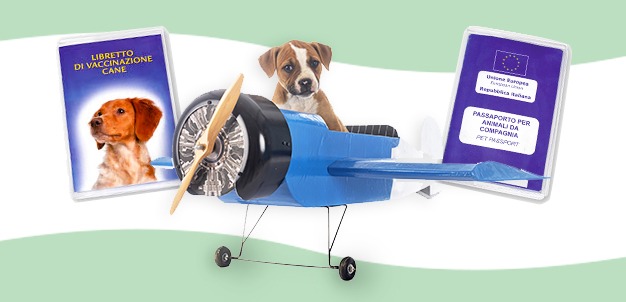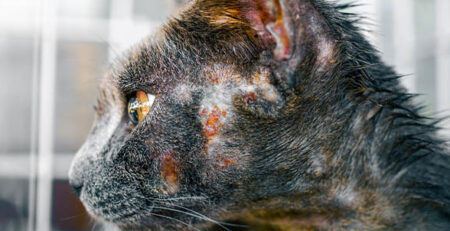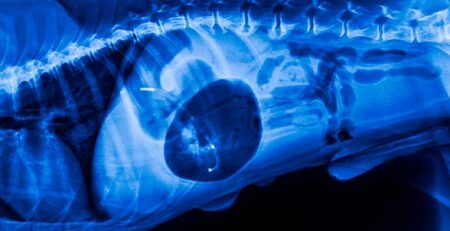For travel within the European Union dogs, cats and ferrets must have their own Passport. Here’s why and how to get it.
Travel and the movement of pets are now such common practices that they can almost be considered customary.
Yet, some ignore that the Passport is a mandatory document imposed by EC Regulation No. 998/2003.
Why is the Passport mandatory?
The Passport certifies the health status of the traveling animal.
The main objective is to prevent animals from contracting and spreading epidemiological diseases with particular reference to rabies, which is still unfortunately widespread today.
Rabies is a zoonotic disease (or zoonosis), that is, it can also be transmitted from the infected animal to humans.
Here, then, the movement of animals from one state to another has resulted in the need to enact laws to defend and protect not only their health but also that of humans.
The information contained in the Passport
Inside the Passport are two sections: the registry section and the health section.
The master data section contains:
- Species, breed, sex, date of birth of the animal
- Number of microchips
- Name and contact information of the owner or person authorized to hold it
In health care, however:
- Medical examinations
- List of all vaccinations given
- Details of rabies vaccination
- Compliance with preventive health measures for diseases or infections other than rabies
Passport and rabies prophylaxis
Rabies vaccination should be given no earlier than 12 weeks of the animal’s life.
It is considered valid 21 days after the first inoculation and from the date of new vaccination if it is a booster of the previous vaccine.
Precisely because rabies vaccination must be carried out at least 21 days prior to the animal’s introduction into the country of destination, we recommend that you apply for a passport at least 1 month in advance of your planned departure date.
When in Rome, health regulations are the same
When the destination of the trip is a third country, i.e., not part of the European Union, special health requirements and additional documents may be required than for EU countries.
Since sanitary conditions may vary depending on the destination, find the necessary information by contacting the third country’s embassy in Italy or by contacting the veterinary service of the relevant local health authority directly for any necessary health certification.
Some third countries (UAE, Australia, Canada, Japan, the United States, South Africa) have very strict laws in place that may provide, for example, quarantine periods and, therefore, separation of the animal from its owner even for long periods.
Therefore, it will be useful for you to acquire the information even five or six months in advance.
Who issues the Passport?
The freelance veterinarian cannot validate or even issue the passport.
He can only perform the required rabies vaccination for handling but must simply affix the vaccine sticker with date, stamp and signature on the vaccination record.
Only the Veterinary Services of the Local Health Authority at the request of the owner can issue it.
Be careful not to confuse the health record with the Passport
Health Booklet and Passport are two different and clearly distinguishable documents, yet it often happens that someone confuses them.
The Passport consists of a blue cover bearing the symbol of the European Union (i.e., yellow stars), followed by the words “Pet Passport.”
At the bottom is the ISO (International Standard Organization) number of the country where the document was issued.
The “Animal Marking” Section of the Passport is covered with clear plastic adhesive film.
If a sticker, for example, the die cut corresponding to rabies vaccination, is used to put information on one of the pages of the passport, it will need to be covered with a transparent film.
Preventive examinations and vaccine prophylaxis are just some of the services that La Veterinaria Clinic can offer you.
In this regard, we would like to remind you that Clinica La Veterinaria is always open h24 every day, including holidays and with Emergency Service from 8 pm to 8 am.
For the joy of seeing them HAPPY.











